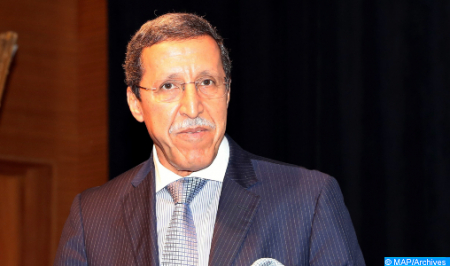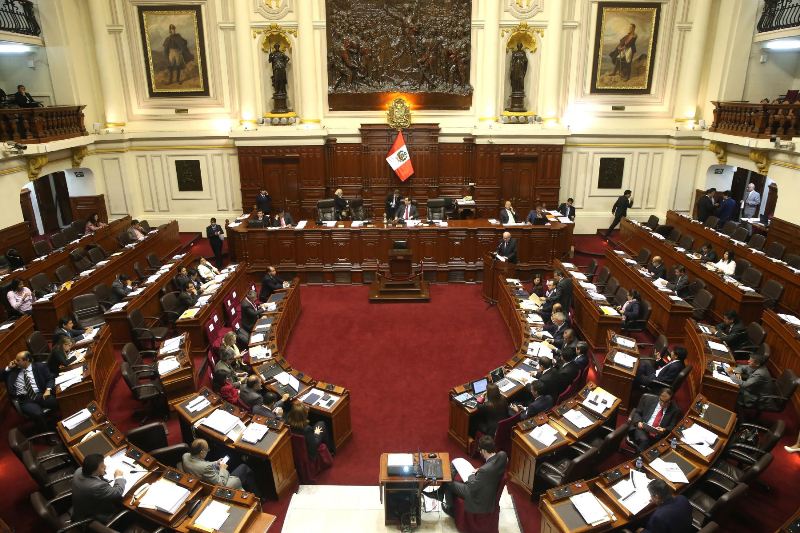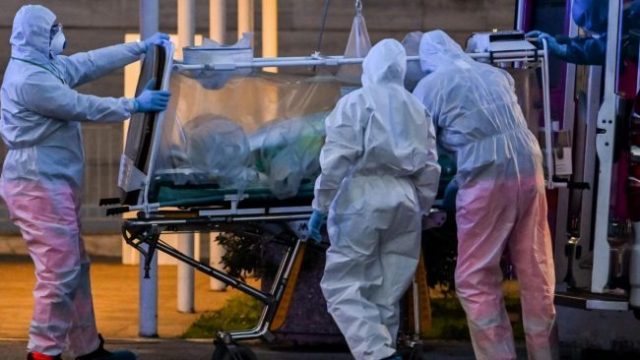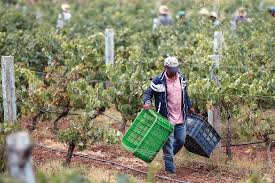Morocco has pledged to propose a roadmap for the renewal of international cooperation for the benefit of middle-income countries.
The pledge was made in New York Wednesday after Morocco was elected, in the person of its permanent representative to the UN, Omar Hilale, chair of the Group of Friends of Middle-Income Countries at the United Nations (MICs) and after it took up the chairmanship of the group from Colombia.
Duriung the ceremony, Hilale said the Kingdom will propose a roadmap for the renewal of international cooperation for the benefit of middle-income countries in light of the complex challenges facing the world today, especially the repercussions of the Covid-19 pandemic and the financial, food and energy crisis.
Morocco takes over the group’s presidency being determined to strengthen the added value of this group as a force of proposal and negotiation at the UN level, the Moroccan diplomat said.
On the other hand, Hilale highlighted the five priorities of the Moroccan presidency of the group for 2023. These are, firstly, to rethink international cooperation frameworks at national, regional and international levels to support MICs, and, secondly, to ensure that the diversity of MICs is better understood by adopting methodologies and approaches that go beyond simplistic GDP criteria.
These methodologies, he said, should be based on the multidimensionality of MICs’ vulnerabilities and, therefore, allow for inclusive and multidimensional economic, social and environmental tools and indicators.
The third priority, according to the ambassador, is to mobilize predictable and sustainable financial resources for the development of MICs, especially by fostering partnerships with multilateral development banks, international financial institutions and the private sector.
Fourth, it is about consolidating cooperation with and among middle-income countries, he said, noting that the Kingdom plans, inspired by the foresight of HM King Mohammed VI, to make the strengthening of South-South and triangular cooperation one of the pillars of the group’s action plan in several key areas, such as health, education, food security, digital technology and climate action.
Fifth, it will seek to make MICs’ interests heard and advanced in the framework of UN intergovernmental processes and events during 2023, especially the SDG Summit, the high-level event on Financing for Development, the ECOSOC Financing for Development Forum, the Climate Ambition Summit, Hilale stressed, adding that all these milestones represent key opportunities for MICs to advocate and highlight their interests and showcase tangible and positive progress on sustainable development.
For his part, the President of the UN GA expressed his congratulations to Morocco, and welcomed the kingdom’s ambitious and strategic vision for the work of this Group in 2023.
It is a transformative path for MICs and for their development and economic growth and responds to the challenges of the current international context, he said.
He also affirmed that he will work together with Morocco for the preparation of the high-level event of the General Assembly on middle-income countries to be held this year, which will focus on the environmental dimension of sustainable development.
For her part, the President of the UN Economic and Social Council, Lachezara Stoeva, expressed her full support for the Moroccan presidency and her confidence in Hilale’s leadership to coordinate the group during 2023, while stressing that she will dedicate a special session, and for the first time, to MICs during the High-Level Political Forum to be held in July.
The Group of Friends of Middle-Income Countries is an important group that positions itself within the United Nations to highlight the interests of middle-income countries, which represent 75% of the world’s population and 33% of the world’s GDP.
To this end, the group advocates to heed the concerns and take up the challenges of these countries in UN debates and in the main intergovernmental processes and meetings focused on sustainable development in its economic, social and environmental dimensions.



